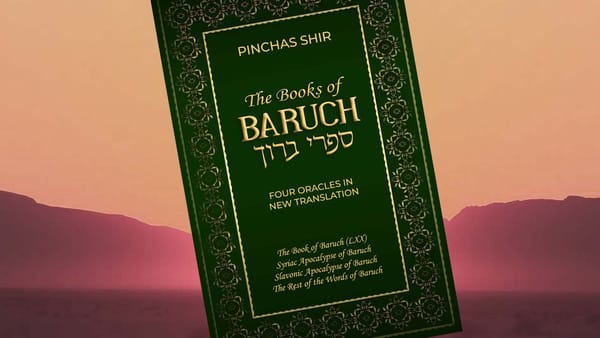Fruits from the Tree of Life and Tree of Knowledge

Curiosity drives many of us. Knowledge is often sought after because it opens new opportunities and allows us to comprehend the world around us in a deeper and more nuanced sense. But not all doors we encounter are meant to be walked through. In the Garden of Eden, the offer of knowledge that could change everything was at the core of the temptation to disobey the Almighty's stern and very specific prohibition. Do not eat from this tree, Adam was told. Ironically, even today, in some ways, eating from the forbidden Tree of Knowledge remains on our minds. Mankind desires to transcend the boundaries of who we are. On one hand, our desire to be like God drives us towards greater knowledge, which in itself does not seem evil. But once acquired, that knowledge corrupts us, and humans desire to be god-like for the sake of self, not some greater holy purpose. In the end, mankind was created to be different from God, and knowing what God knows, knowing everything was never meant for us.
I wanted to share a short excerpt from a 6th-century CE rabbinic commentary with you. In this passage, the rabbis are debating the Tree of Knowledge in the Garden and what sort of fruit it must have had. They don't know, but they take turns making educated guesses, explaining the reasoning behind their suppositions. That is the power of knowledge, the ability to reason, suppose, and extrapolate what is not known for certain. But then, the conversation ends on another note.





